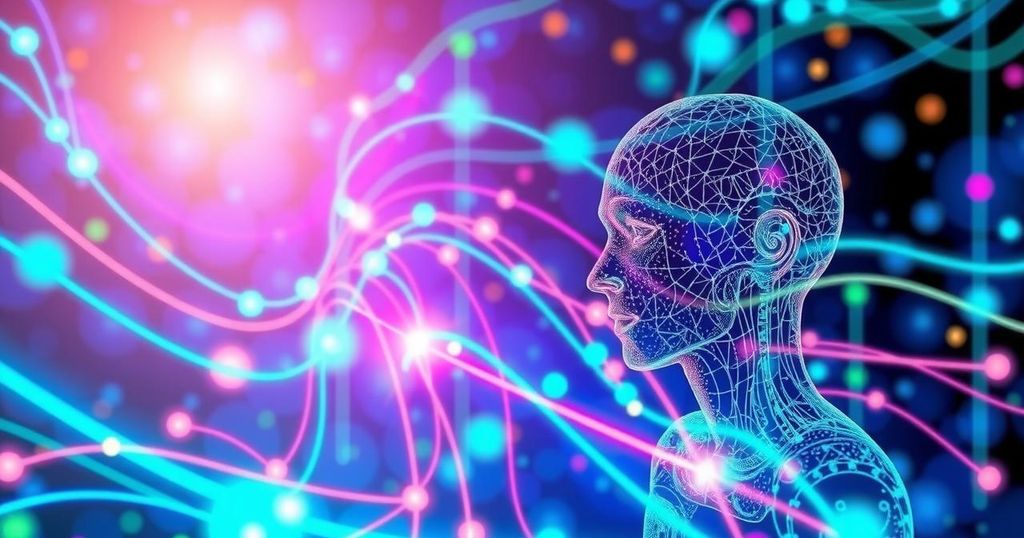Science in the Age of AI: Transforming Research and Ethical Standards
- Report highlights AI’s profound impact on scientific research methods.
- The integration of AI brings novel solutions to age-old scientific problems.
- Ethical implications of AI in research are a growing concern.
- UNESCO and Royal Society hosted a key discussion on AI and science.
- Professor Alison Noble leads a working group to explore AI’s role in research.
AI’s Impact on Research Methods and Solutions
AI’s integration into scientific research is evolving rapidly, creating what many are calling an inflection point for society. The report titled “Science in the Age of AI” outlines how this technology is not merely a series of tools but a whole new way of conducting research. With the influx of large datasets and advanced computing power, researchers are beginning to leverage AI in ways that were previously unimaginable, pinpointing complex issues that have stumped scientists for ages.
Transforming Research Integrity and Future Roles
The Royal Society’s report delves deep into the core of how AI technologies like deep learning and large language models are reshaping scientific inquiry. Not only are traditional research methods being altered, but essential concepts such as research integrity and ethics are also under scrutiny, with growing concerns over AI’s implications. As algorithms evolve and capabilities expand, understanding these shifts becomes crucial for the future of science and the role of scientists within it.
UNESCO Event Discusses AI and Open Science
On June 6, UNESCO and the Royal Society convened at the UNESCO headquarters in Paris to discuss AI’s role in open science. Faculty members of the working group, like Professor Alison Noble, shared their insights leading up to this event, emphasizing the growing need to integrate AI into the scientific community responsibly. This ongoing dialogue is vital as researchers adapt to the changing landscape of science in the age of AI and uncover the full potential of these technologies.
In summary, the “Science in the Age of AI” report underscores the transformative potential of artificial intelligence in scientific research. With important ethical considerations and methods being reevaluated, it is evident that this technology will play a pivotal role in shaping the future of science and the responsibilities of scientists. As discussions continue at events like the UNESCO gathering, moving forward responsibly with these advancements is critical.




Post Comment